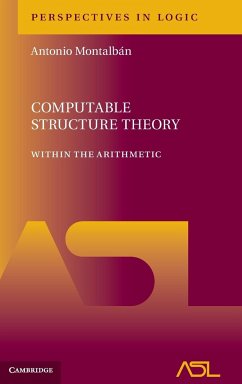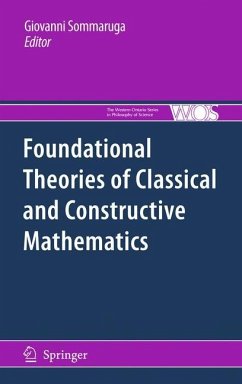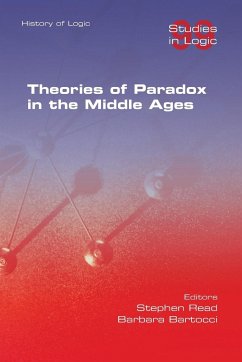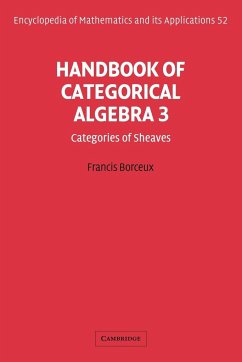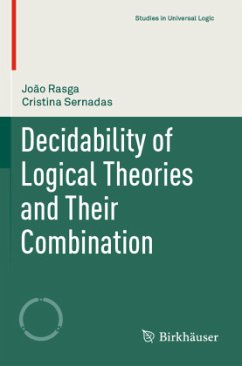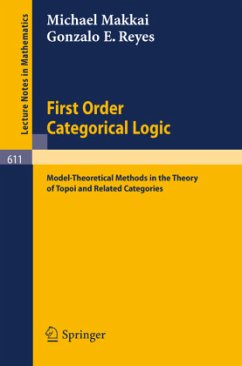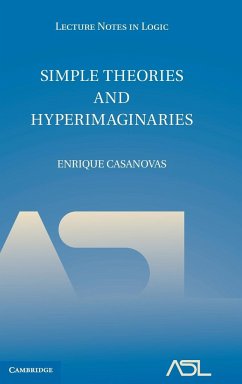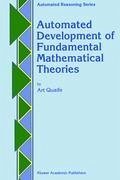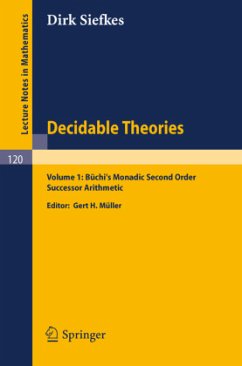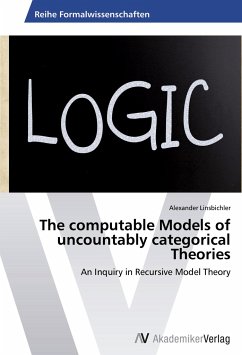
The computable Models of uncountably categorical Theories
An Inquiry in Recursive Model Theory
Versandkostenfrei!
Versandfertig in 6-10 Tagen
22,99 €
inkl. MwSt.

PAYBACK Punkte
11 °P sammeln!
Alex has written an excellent thesis in the area of computable model theory. The latter is a subject that nicely combines model-theoretic ideas with delicate recursion-theoretic constructions. In his thesis, Alex begins by reviewing the essential model-theoretic facts, especially the Baldwin-Lachlan result about uncountably categorical theories. This he follows with a brief discussion of recursion theory, including mention of the priority method. The deepest part of the thesis concerns the study of the recursive spectrum of an uncountably categorical theory, i.e. the set of natural numbers n s...
Alex has written an excellent thesis in the area of computable model theory. The latter is a subject that nicely combines model-theoretic ideas with delicate recursion-theoretic constructions. In his thesis, Alex begins by reviewing the essential model-theoretic facts, especially the Baldwin-Lachlan result about uncountably categorical theories. This he follows with a brief discussion of recursion theory, including mention of the priority method. The deepest part of the thesis concerns the study of the recursive spectrum of an uncountably categorical theory, i.e. the set of natural numbers n such that the n-th model of the theory (in the Baldwin-Lachlan sense) has a computable presentation. This is a deep and very active area of contemporary research in computable model theory which Alex discusses in considerable detail. The exposition is very good and therefore the thesis makes a nice introduction to the subject for a wide community of logicians. (Sy-David Friedman, Professor ofMathematical Logic, Director of the Kurt Gödel Research Center for Mathematical Logic, University of Vienna)



